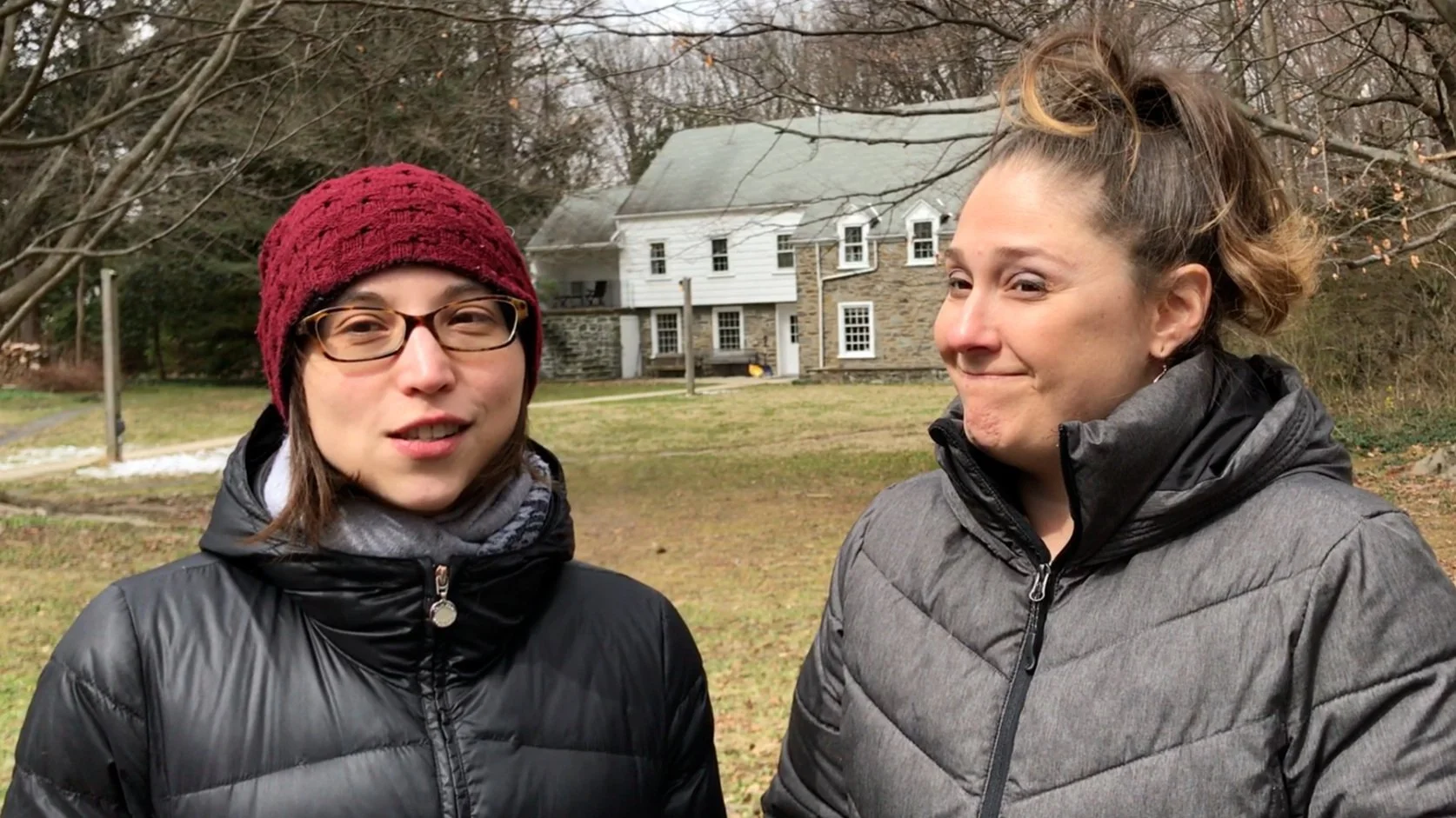Originally known as the Methodist Federation for Social Service, the Methodist Federation for Social Action (MFSA) was founded in 1907 by several Methodist Episcopal clergy (including Frank Mason North, author of "Where Cross the Crowded Ways of Life") to direct church attention to the enormous human suffering among the working class. Immediately the Federation became Methodism's unofficial rallying point for the Social Gospel and achieved the adoption of the first denominational social creed in 1908.
For almost four decades thereafter the Federation was led by Bishop Francis J. McConnell and Harry F. Ward, an outstanding church ethicist and activist. During the 1920's and 1930's this leadership was fully shared by Winifred Chappell, a deaconess and devoted advocate for the workers' struggle.
In the 1930's the Federation adopted as its goal the replacement of an economic system based on the struggle for profit by "social-economic planning to develop a society without class or group discriminations and privileges."
MFSA attained the height of its growth just following World War II under the leadership of Jack McMichael. However, with the coming of the anti-communist hysteria of the McCarthy period, relations with The Methodist Church became very strained and the Federation came under sharp attack.
In the wake of these events MFSA experienced a serious decline. However, a dedicated remnant, including such leaders as Mark Chamberlin and Lee and Mae Ball, saw the importance of an independent advocate of social action in the church and kept the Federation alive, above all – through the publication of the Social Questions Bulletin (which had been published since 1911).
Over the next three decades MFSA experienced a broad revival. Under the leadership of the Rev. George McClain, the Federation re-established itself as a force within United Methodism. In 1974 MFSA sent organizers to support the striking non-professionals at the UM hospital in Pikeville, Kentucky. In 1979 the Federation issued a documented study of the New Far Right presence in the denomination and rallied forces to stem its influence. MFSA was the leading force in the struggle for UM support of disinvestment from South Africa, especially by the Board of Pensions.
During this time the Federation grew in its influence at the denomination's General Conference which takes place every four years. This trend has continued as the Federation continues to have a major impact at this policy-making gathering.
Beginning in 1998, the Rev. Kathryn Johnson, Executive Director, and the Rev. Amy Stapleton, National Organizer, have provided leadership to the Federation during a time of increasing polarization within the country and The United Methodist Church. New MFSA conference chapters continued to be organized and units totaled 38.
The current priorities of the Federation include working on issues of peace, poverty, people’s rights and progressive initiatives. In the area of peace, MFSA sponsors nonviolence training and action seminars and promotes a just and lasting settlement to the conflict in the Middle East. In the area of poverty, MFSA supports the rights of workers to make a living wage and advocates for adequate funding for housing, healthcare and education. Work on people’s rights includes working for a church and society that are fully inclusive of lesbian, gay, bisexual and transgender persons and supporting the work of the General Commission on Religion and Race. In the area of progressive initiatives MFSA is joining with others to build a progressive movement within the UMC, organizing at Annual, Jurisdictional, and General Conferences, and by raising awareness around activities of the conservative renewal movements within the UMC, some of which are actively pursuing the option of a schism within the UMC.
In April of 2007, the Federation celebrated its 100th Anniversary in Washington, DC at a conference entitled, “Voices of Faith: Make Plain the Vision.” Honoring the leaders of the past 100 years, MFSA turned its attention to the needs of the current day and the ways in which we are called to witness to church and society in the 21st century.
In 2017, MFSA makes a commitment to focus special energy on dismantling racism within church and society, beginning with its own life, and launches its new Justice Seeking Congregation program.
June of 2018, MFSA moves its national office to the activist congregation Central UMC in downtown Detroit, MI and hires Bridget Cabrera as its new Executive Director.
At the end of 2019, the MFSA Board of Directors partner with Crossroads Antiracism and Training to help us conduct an Organizational Racial Audit.
In Jan 2020, the Racial Audit Team has its first meeting and in Feb 2020 gathers in person in Florida for training.
Tackling Racism from Within
Since 1907 MFSA has been a champion for justice.
But has it been justice for all?
Recognizing that the answer is no, in 2017 the MFSA board made a commitment to focusing time, energy, and financial resources on dismantling racism.
Knowing that more than an announcement was required, MFSA started the journey to recognize its own part in perpetuating racism in the United Methodist Church and Justice-Seeking movement.
This has led to a comprehensive audit of MFSA. Leading to a report of learnings and concrete action steps.
At the end of 2019, after further conversation, an audit team was formed and Crossroads Antiracism Organizing and Training was hired to consult.

